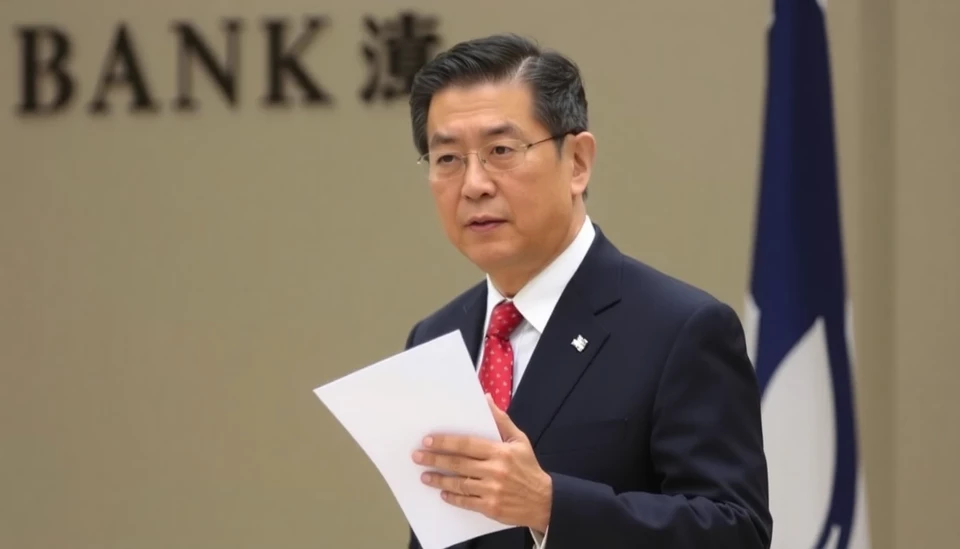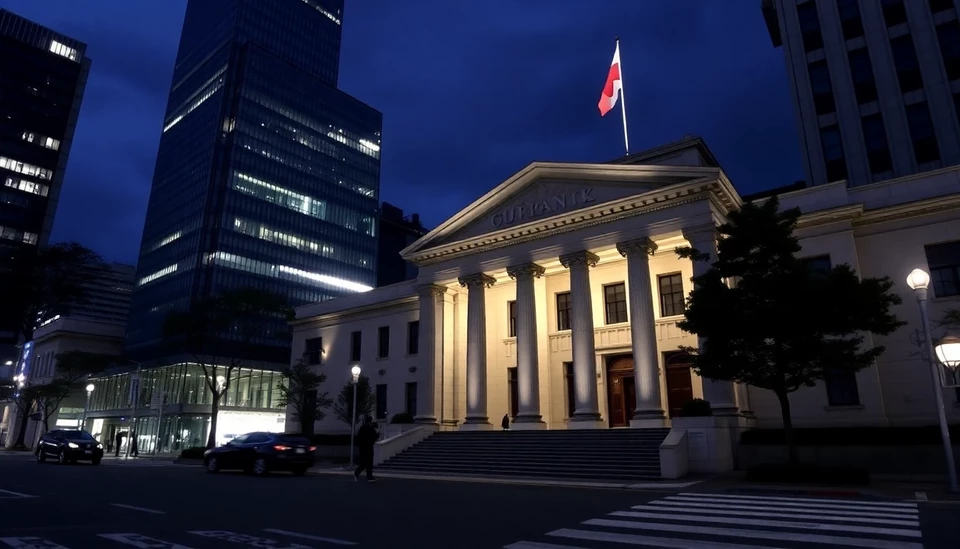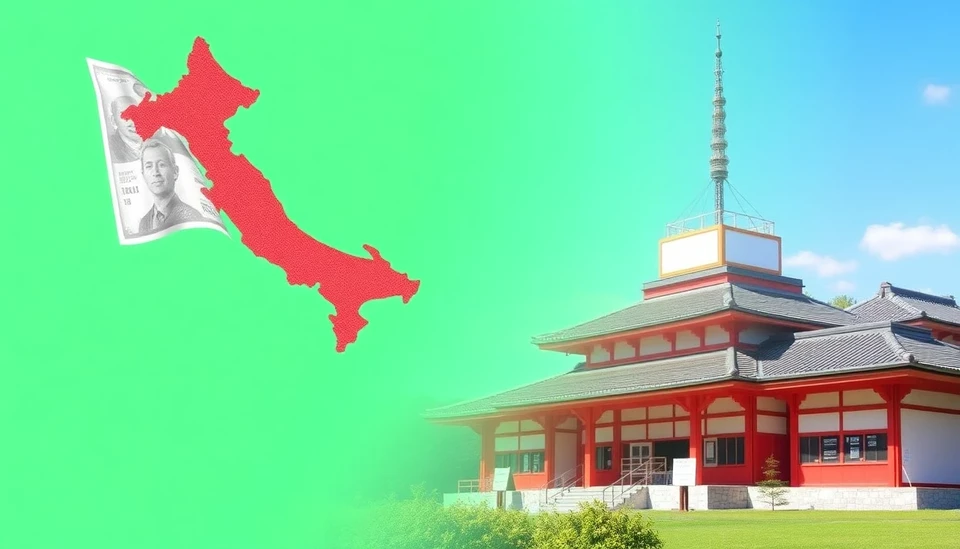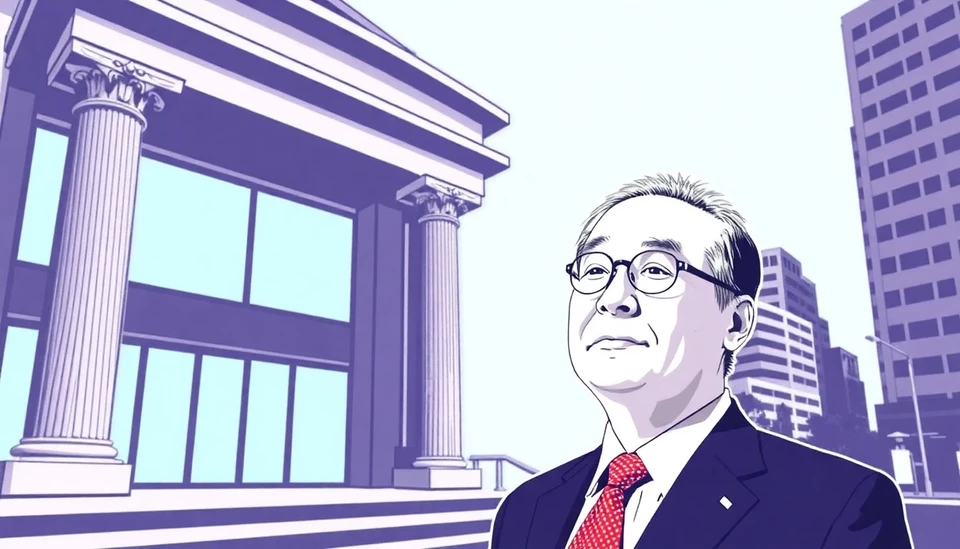
In a significant development for the global financial landscape, Bank of Japan (BOJ) Governor Kazuo Ueda has announced that the central bank will strategically discuss potential interest rate hikes during its upcoming policy meeting scheduled for next week. This revelation has stirred anticipation among economists and investors alike, who are closely monitoring Japan's recovery from years of ultra-low interest rates.
Ueda emphasized the central bank's approach to economic conditions and inflation, suggesting that the BOJ is committed to keeping a watchful eye on ongoing economic indicators. He stated that while the BOJ remains cautious, it is also prepared to take action depending on the evolving economic environment. Analysts interpret his comments to imply that tighter monetary policy may be on the horizon, signaling a shift after nearly a decade of accommodative stances.
The backdrop to these discussions is Japan's gradually improving economy, as recent data suggests an uptick in inflation, along with increased consumer spending. This positive trend has fueled speculation about potential policy changes, with many expecting the BOJ to begin unwinding its long-standing stimulus measures. The governor’s hints come at a pivotal time, as central banks worldwide are grappling with inflationary pressures and seeking to tighten monetary policy in response.
Financial markets reacted to Ueda's statements by showing signs of volatility, with investors reassessing their positions in Japanese bonds and equities. A rate hike would mark a significant shift in Japan's monetary policy, potentially impacting everything from consumer loans to the value of the yen against other currencies. Ueda did not detail specific metrics the BOJ would use to guide its decision but indicated that the central bank's actions would be contingent on sustained economic recovery and inflation reaching its targeted levels.
As the BOJ prepares for its crucial meeting, attention is turning to global economic trends, including the ongoing shifts in the United States and Europe, where central banks are facing similar dilemmas. Analysts are keen to see how Japan will navigate this complex landscape, particularly as it considers stepping back from years of negative rate policies.
Next week’s policy decision will be closely scrutinized for signs of the BOJ’s commitment to normalizing its monetary policy and how that may align with inflation targets set by the government. The outcomes from this meeting could have far-reaching implications not only for Japan's economy but also for international markets.
As we await further developments, observers are left analyzing the delicate balance the BOJ needs to strike between fostering economic growth and controlling inflation. The trend towards higher rates could mark a new chapter for Japan, offering potential stability but also risks in the form of slower economic growth if policy changes go too far, too fast.
In summary, Governor Ueda’s statements have set the stage for a crucial moment in Japan's economic policy, with implications that could resonate across global financial markets.
#BankOfJapan #BOJ #KazuoUeda #InterestRates #MonetaryPolicy #FinancialMarkets #Inflation #Economy #JapanRecovery #CentralBank
Author: Laura Mitchell




